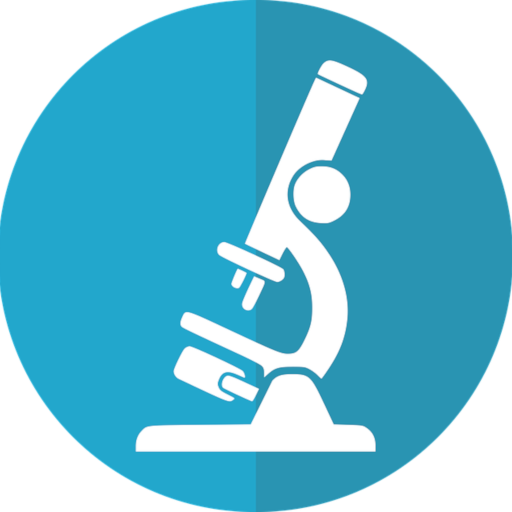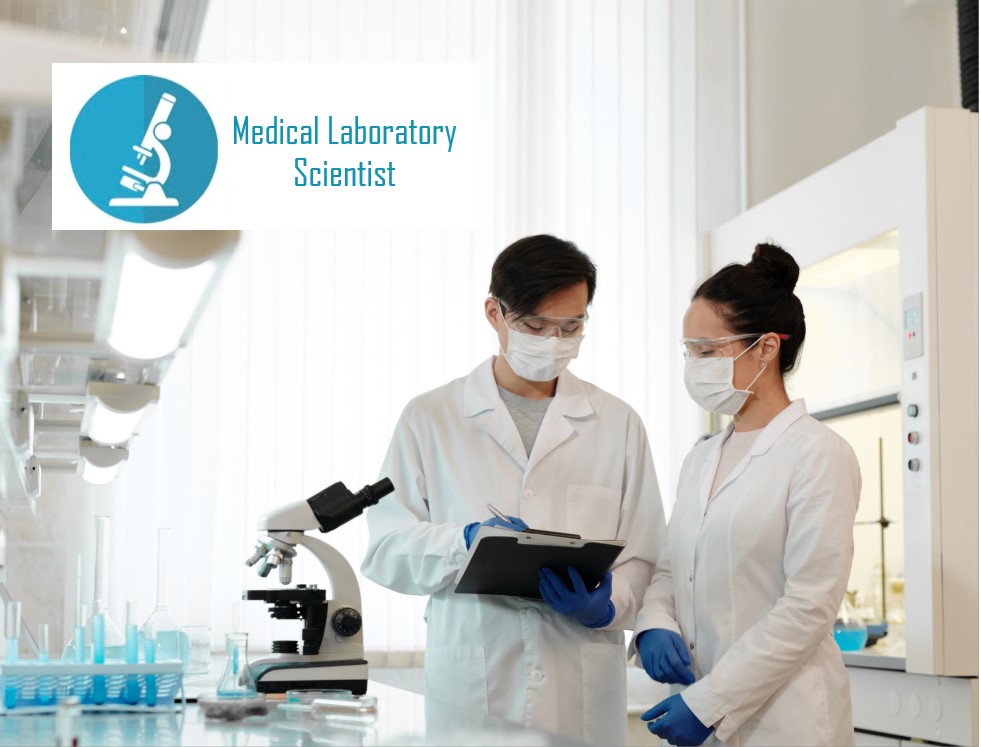What do you think of when you wonder where your blood specimen goes after “the lab” collects it?
- Is it a magic box where the nurse takes the specimen and a couple hours later a result shows up in the computer?
- Do the machines do all the work?
- Are there real people that work in the lab?
- Do the people that draw your blood stay to run your tests for you?
I can tell you based on experience within my own family, most of them have no idea who works in the lab.
One family member still thinks I’m a nurse, even though I’ve been explaining for 30 years that I work in the lab running the tests. I’m female and I work in a hospital, so I must be a nurse, right?
My aunt has been a nationally certified Medical Laboratory Scientist for at least 50 years. Growing up, when I asked what she did for a living, I was told she “draws blood”. So naturally, I assumed she was a phlebotomist because they draw blood. I was amazed to find out that we are part of the same profession. It must be in our genes.
Why You Don’t Know My Profession
Part of the reason the world does not know that I’m the Medical Laboratory Scientist analyzing your specimens is that our professional title has changed too much since we first became recognized as a profession in the 1920s.
The American Society of Clinical Laboratory Science (ASCLS) and the American Society of Clinical Pathology Board of Certification (ASCP BOC) published a position paper recently discussing this topic: https://www.ascls.org/position-papers/738-standardizing-the-professional-title-of-medical-laboratory-professionals
I encourage you to take the time to read it. It contains a timeline of the title changes that Medical Laboratory Scientists have used from day one. We used to be called Laboratory Technicians, Medical Technologists, and Clinical Laboratory Scientists. It all depended on when we were certified and which certifying agency administered the certifying exam. Those of us who took multiple exams with the various agencies used multiple credentials after our names, and they all meant the same thing.
As a profession, we could not decide what we should be called. We did not have a single certifying agency, and we were not licensed (but that’s a discussion for another blog). How can anyone know who we are as a profession if we can’t even decide ourselves? How do we attract new people to the profession if we can’t easily describe who we are and what we do?
The degree for laboratory science is also confusing. Some universities still list it as BS in Medical Technology. Some use BS in Clinical Laboratory Science. Some correctly use BS in Medical Laboratory Science, or BS in Applied Medical Laboratory Science. Even the MLS program that I direct provides a certificate in Clinical Laboratory Science. I’ll be proposing at our next Advisory Committee meeting that we change that to Medical Laboratory Science. We’ve already had the discussion with some of the universities.
This problem doesn’t exist with other professions. Nurses are nurses, regardless of any special certifications. Physicians are physicians. Pharmacists are pharmacists. You know who they are and have a basic idea of what they do.
How Do We Fix it? Create One Title and Get Involved!
It is time to standardize the title of the bachelor level laboratory professional. Medical Laboratory Scientist is what ASCLS and ASCP BOC have chosen for anyone with a bachelor’s degree who meets the requirements of a national certification program. I agree completely.
As we move toward standardization to the professional title Medical Laboratory Scientist, we need to also encourage our laboratory leadership to push for changing job descriptions. They should no longer use Medical Technologist, or Clinical Laboratory Scientist, or Lab Technician. For the bachelor’s level certified laboratory professional, the job description should be Medical Laboratory Scientist. Standardizing the job descriptions, standardizing the college degree name, and standardizing the professional title will help make us known as the scientists that analyze your specimens. There will be fewer doubts about who we are and what we do.
We are also unique as a profession because our certification is overseen by physicians known as Pathologists. We do not have our own governance; we are governed by Pathologists. We still need to operate within this governance structure, however. I encourage you to become more involved in laboratory professional organizations like ASCLS to help mold the way we are governed while working within the current governance model. Those that oversee our certification won’t know what needs to be fixed if we don’t tell them. Getting involved allows the profession to speak as one voice to move things forward.
Call Yourself a Medical Laboratory Scientist!!
I challenge all Medical Laboratory Scientists: when someone asks you what you do for a living, start by saying “I’m a Medical Laboratory Scientist”. Don’t say lab tech. Don’t say Med Tech. Don’t say “I work in the lab”. I know it will be hard to change how you explain yourself. I’m trying really hard in my meetings with others to refer to us as scientists, at the very least, or MLS if I’m among other Medical Laboratory Scientists. I admit, sometimes, the word tech still rolls of my tongue.
But each time I force myself to say scientist, it gets easier. And each time I say the word scientist, I sit a little taller in my chair. Scientists change the world and make people’s lives better EVERY DAY. I’m proud to be a Medical Laboratory SCIENTIST and you should be, too. Say it loud and say it proud!!

